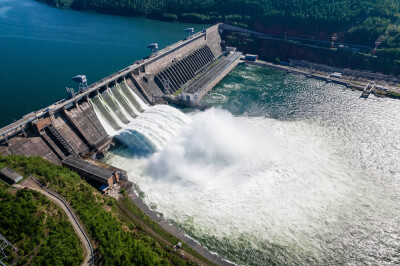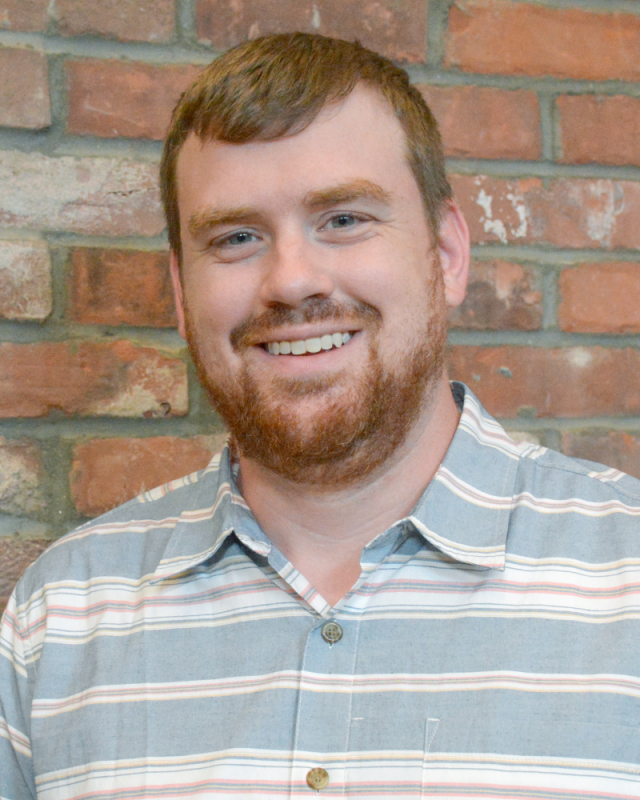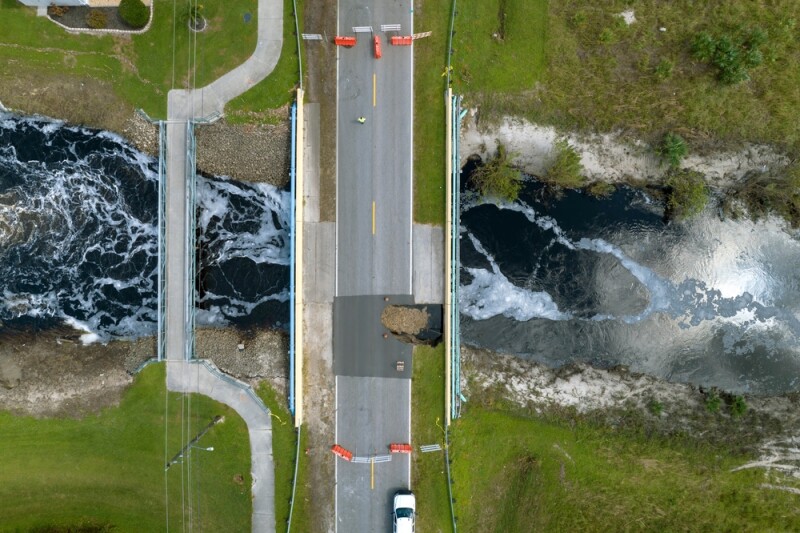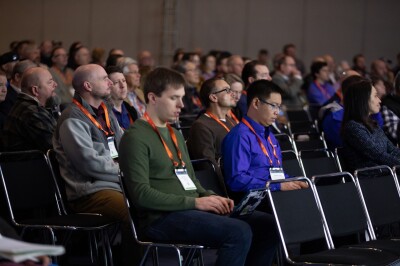Digital twins come up a lot in our coverage here at Geo Week News, which can often be a bit of a minefield. For one thing, the term still has the buzzword connotation for many, bringing to mind a theoretical tool rather than one that is ready to provide real value today. More importantly, there is still disagreement on what even constitutes – and crucial what does not constitute – a digital twin. So, for the purposes of our discussions, when we’re talking about a digital twin, we’re talking about a digital representation of a real world asset of some sort that has some sort of data component feeding into the digital twin via sensors or some other technology.
There is still evolution to come in this space, of course, but many sectors are taking advantage of digital twins for their workflows today. Thanks to massive improvements in connectivity with the continued growth of 5G around the globe, having that data come into the digital twin at something close to real-time is easier than ever. Additionally, the boom around AI has led to an increase in compute power for all sectors, making it easier to quickly derive key insights from the massive amounts of data created by a digital twin. These two trends, combined with greater access to reality capture data to create the base of the twin, are quickly transforming industries.

Infrastructure is one of the prime examples of a space that stands to benefit tremendously from this technology. With tremendous demand around maintaining aging infrastructure around the world, working with digital twins – or reality models – is one way engineers are keeping up with the needs of crucial public assets around the world.
Bentley Systems is one of the leaders in providing the software to make use of this technology for the infrastructure sector. Next month, they are hosting a webinar on Geo Week News to talk through some of the challenges those in the industry are facing, and how they can overcome the barriers. The webinar, entitled Transforming Captured Data into Actionable Insights, will feature Arnaud Durante, a product manager for iTwin services - reality modeling with Bentley, takes place on September 17 from 1:00-2:00 PM Eastern Time. Registration is free and comes with an on-demand recording of the conversation as well as any slides.
It’s worth diving a little bit into the workflow that we’re talking about here ahead of this webinar, looking at things from a higher level before Durante dives into more of the nuts and bolts next month. As noted above, the infrastructure industry is one that should, in theory, reap the benefits of the confluence of technologies between reality capture, automation, and connectivity. Generally speaking, a digital twin is going to approach maximum value as more data – and specifically more current data – is added into the fray.
Specifically regarding reality capture – or reality data, in Bentley parlance – it’s important for engineers to have a clear picture of an asset’s physical status at a given moment, meaning frequent capturing of that reality data is crucial. The issue that can arise from frequently gathering that data is that, well, there’s a lot of data. It’s great to have all of that information, but practically speaking it’s an extremely tall ask for a worker or even a team of workers to adequately analyze all of that data.
This is where automated analysis comes into play. Durante will dive deeper into this, but between all of that reality data and the sensor data that is often coming in for these types of projects as well, automation is really the only way to feasibly analyze all of this data. He will outline specific solutions that allow the end user to do all they need to do – including creating a model plus managing, analyzing, and sharing the data – within one platform.
All of this is a crucial, emerging space within the infrastructure sector that comes at a crucial time amid growing demand, shrinking workforces, and ever-increasing data. This webinar will provide crucial insights for all steps in the workflow, including best practices as well as real-world examples from end users. Registration is free, so don’t miss your chance to claim your seat below.





.jpg.small.400x400.jpg)

